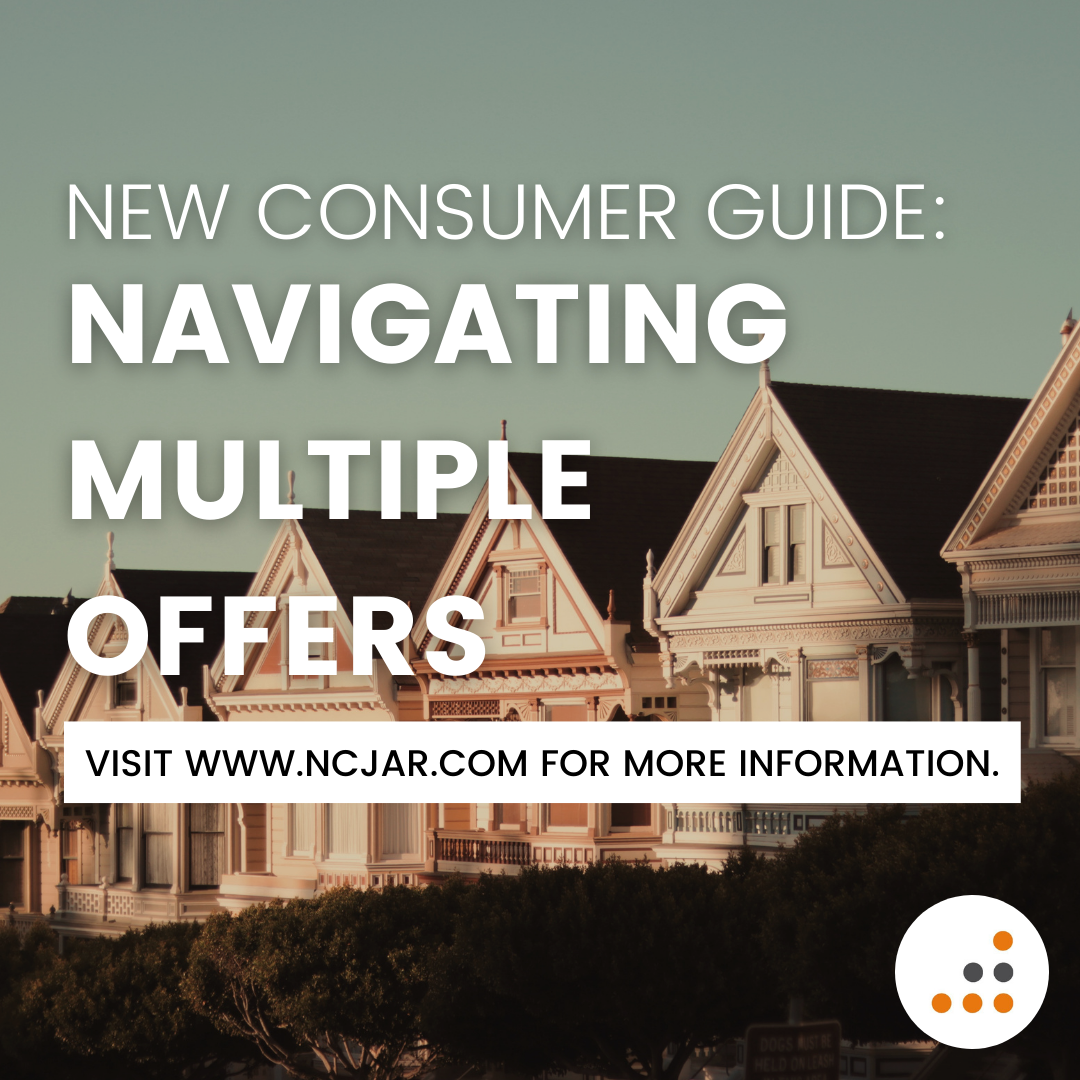 Putting your home on the market can be both exciting and overwhelming—especially when you receive more than one offer. While it may be tempting to simply go with the highest bid, the best offer isn't always the one with the biggest price tag. If you're a seller navigating multiple offers, here’s what you need to know:
Putting your home on the market can be both exciting and overwhelming—especially when you receive more than one offer. While it may be tempting to simply go with the highest bid, the best offer isn't always the one with the biggest price tag. If you're a seller navigating multiple offers, here’s what you need to know:
Not All Offers Are Created Equal
While price is a key factor, it's not the only one. Offers can vary in several important ways, including:
-
Financing terms – Is it a cash offer or mortgage-dependent?
-
Contingencies – Are there conditions like inspections or appraisal requirements?
-
Closing timeline – How soon can the buyer close?
-
Earnest money – How serious is the buyer based on their upfront deposit?
These variables can all impact the strength and appeal of an offer.
How Do I Know Which Offer Is Right for Me?
Your REALTOR® will help you evaluate each offer based on your unique needs and goals. For instance:
-
If you need to move quickly, a faster closing date may be more valuable than a slightly higher price.
-
If you’re looking for a smoother, simpler transaction, an all-cash offer could be more appealing because it eliminates financing delays.
Understanding Counteroffers
If an offer doesn’t fully meet your expectations, you can submit a counteroffer. This means you're proposing new terms—whether it’s a higher price, fewer contingencies, or a different closing date.
Keep in mind: once you issue a counteroffer, the original offer is no longer valid. You can’t go back and accept it later if the counter is rejected.
Negotiating Multiple Offers
There are a few ways sellers can approach multiple offers:
-
Accept the best one outright.
-
Let all buyers know multiple offers are on the table and ask them to submit their “highest and best” offers.
-
Counter one offer while holding off on responding to the others.
-
Counter one and reject the rest.
Your agent can help you decide the best strategy based on your priorities and the current market. Just remember—while negotiation can lead to better terms, it can also turn some buyers away. With your permission, REALTORS® are also required to disclose if there are other offers when asked.
What Is an Escalation Clause?
Some buyers may include an escalation clause in their offer. This means they're willing to automatically outbid competing offers up to a certain limit. While this can strengthen an offer, it's important to review the details closely and consult your agent about how it affects your decision.
Do I Have to Offer Concessions?
You're not required to provide seller concessions (paying certain costs on the buyer’s behalf), but offering them can make your home more appealing. These might include:
-
Covering inspection or loan fees
-
Paying for repairs or updates
-
Contributing to property taxes or homeowners association dues
Make sure all agreed-upon concessions are clearly stated in the purchase agreement.
Can I Back Out of an Accepted Offer?
Once you’ve signed a purchase agreement, backing out as a seller can be complicated—and in some cases, it may lead to legal consequences. That’s why it’s crucial to be fully confident in the offer you accept.
That said, there are some legal scenarios in which you may be able to walk away—for example, if the buyer fails to meet a contingency by the agreed-upon deadline. Be sure to consult both your real estate agent and an attorney before making any decisions.
Final Thoughts
Every home sale is different, and local laws may impact your options. Partnering with a knowledgeable REALTOR® is the best way to ensure a smooth, informed transaction. For more information and consumer resources, visit facts.realtor.
Looking to sell your home with confidence? Connect with a local REALTOR® at ncjar.com to guide you every step of the way.